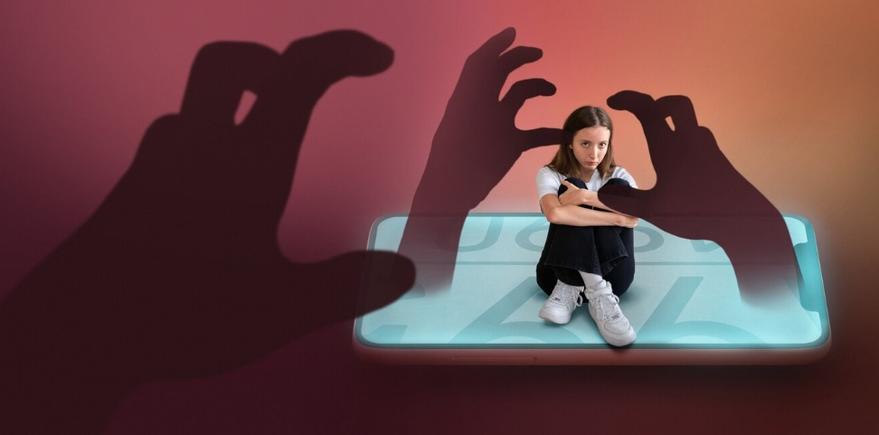
Do you ever scroll through social media and feel like everyone else is living a better, more exciting life? That quiet pang you feel—it has a name: FOMO, or the Fear of Missing Out.
FOMO isn’t new, but it’s more widespread and emotionally draining in our hyperconnected, highlight-reel culture. Behind the perfectly curated posts, many of us feel disconnected, dissatisfied, and stuck in a cycle of comparison.
What Is FOMO, Really?
FOMO is the anxiety that others are experiencing something rewarding or enjoyable without you. It’s not just about missing a party or trip—it’s a deep emotional tug that you’re falling behind in life.
Psychologist Dr. Andrew Przybylski, who has researched FOMO extensively, explains that it often stems from unmet psychological needs: autonomy, competence, and connection. When these needs aren’t fulfilled in our own lives, we become more vulnerable to FOMO.
How FOMO Affects Mental Health
- Increased anxiety and stress
- Lower self-esteem and life satisfaction
- Sleep disturbances (due to late-night scrolling)
- Difficulty focusing and decision fatigue
A 2022 study published in *Cyberpsychology, Behavior, and Social Networking* found that higher FOMO levels were directly correlated with lower mood and increased smartphone addiction among young adults.
Why It’s Worse Now
- Social media never sleeps—there’s always something to compare yourself to.
- Curated content highlights the best 5% of others’ lives, making your own feel lacking.
- The pressure to be ‘in the know’ or ‘part of everything’ has extended from social life to careers and even parenting.
Ways to Loosen FOMO’s Grip
FOMO thrives in silence and mindlessness. Awareness and intentional habits can shift your experience. Try:
- Digital boundaries: Set app limits or take breaks from social media.
- Gratitude practice: Name what’s good and fulfilling in your current life.
- Values check-in: Ask, “Do I actually want that life—or just the feeling it seems to offer?”
- Connect offline: Real interactions are the best antidote to digital envy.
FOMO isn’t just about what you’re missing. It’s a mirror reflecting what you wish you had more of. When you explore that honestly, it becomes a doorway to deeper alignment—not just more activity.
In coaching, we help clients shift from fear-based chasing to purpose-based choosing. The goal isn’t to keep up—but to feel whole.
References
- Przybylski, A. K., et al. (2013). Motivational, emotional, and behavioral correlates of fear of missing out. *Computers in Human Behavior*.
- Elhai, J. D., et al. (2022). FOMO and smartphone addiction. *Cyberpsychology, Behavior, and Social Networking*.


Comments